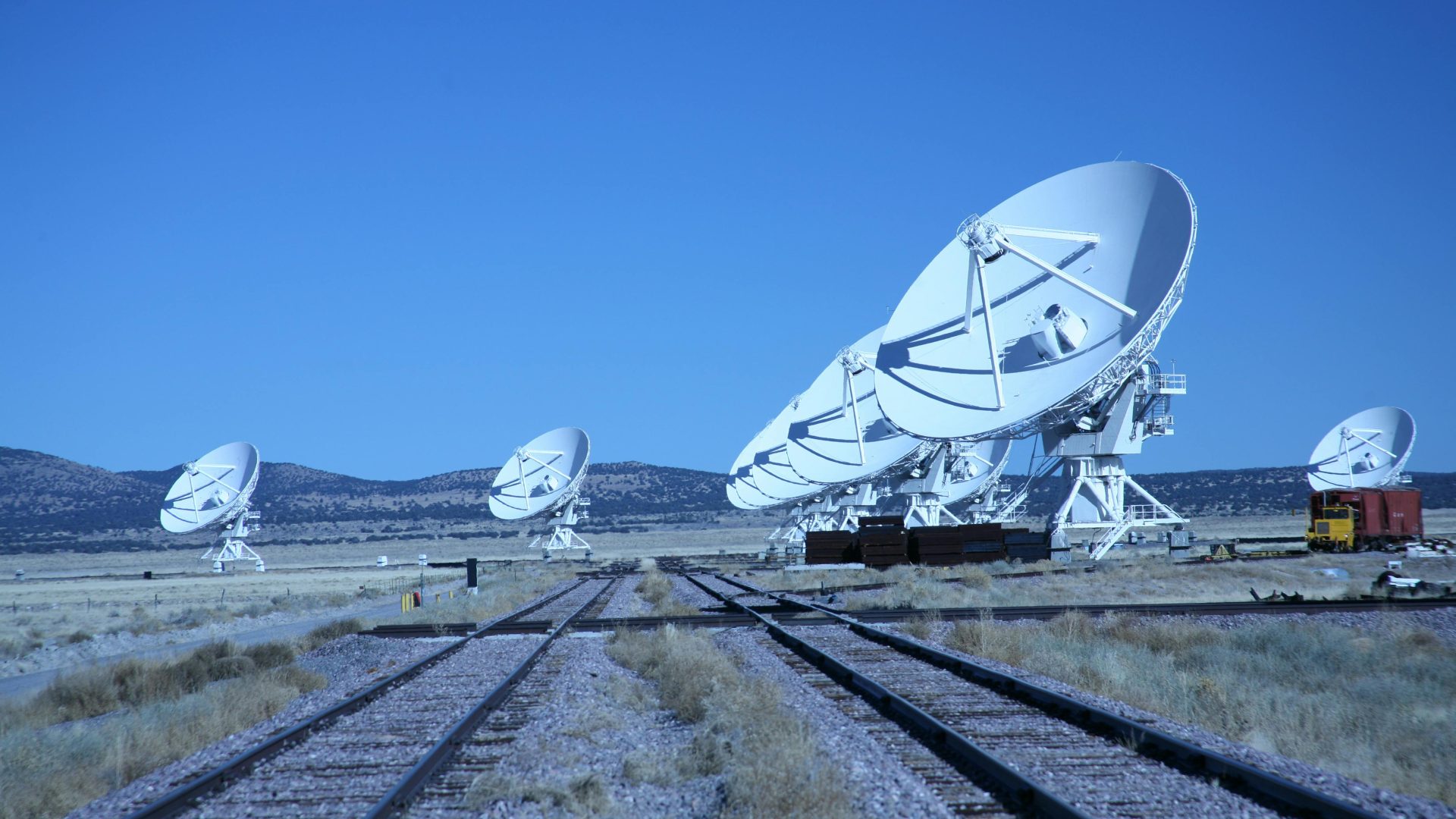DOPSR would not deny approval for something simply because “not approving it would imply its truth.”
Anything that Grusch or Elizondo cleared through DOPSR is information the government has deemed acceptable for them to share or publish, as they believe it is not classified, sensitive, or based in fact.
They don’t engage in double-bluffing.
If any claims made by Grusch that went through DOPSR were indeed true or classified—such as matters involving alien crash retrievals—they would have outright stated, “nope, that’s classified.” Moreover, he wouldn’t even be able to reveal what they told him he couldn’t disclose.
You can’t approach DOPSR and say, “I want to claim we have alien spacecraft at Wright-Patterson Air Force Base,” only to have them respond, “No, that’s classified,” and then publicly declare, “DOPSR said my claim about aliens at Wright-Patterson isn’t approved for public release, which must mean there’s some truth to it.” That would still be stating the very claim.
There’s no catch-22 here. Grusch and Elizondo approached DOPSR, presented their claims, and were essentially told, “Sure, go ahead; you can say that,” because it’s NOT sensitive information, most likely because there’s no actual truth to it.

You make a compelling point about the DOPSR (Department of Defense Special Access Programs Oversight Committee) process regarding the clearance of information related to sensitive topics. It’s reasonable to assume that if Grusch or Elizondo had attempted to disclose something genuinely classified or sensitive, DOPSR would have flagged that information accordingly, preventing them from speaking about it freely.
The idea that DOPSR would let someone publicly discuss potentially controversial claims without scrutinizing them seems to imply a lack of substantive risk or veracity in those claims. If the government believed there were real implications or classified details behind their statements—particularly regarding something as significant as alien spacecraft—they would indeed likely intervene and restrict those assertions.
Your argument highlights the intricate balance between transparency and the need for national security. The fact that these individuals were allowed to speak suggests that whatever they discussed was deemed not to pose a threat to ongoing operations or to disclose information that could be harmful if released. Ultimately, it seems reasonable to conclude that if someone is freely discussing such claims after DOPSR approval, it may indicate the absence of serious underlying truth to those assertions.